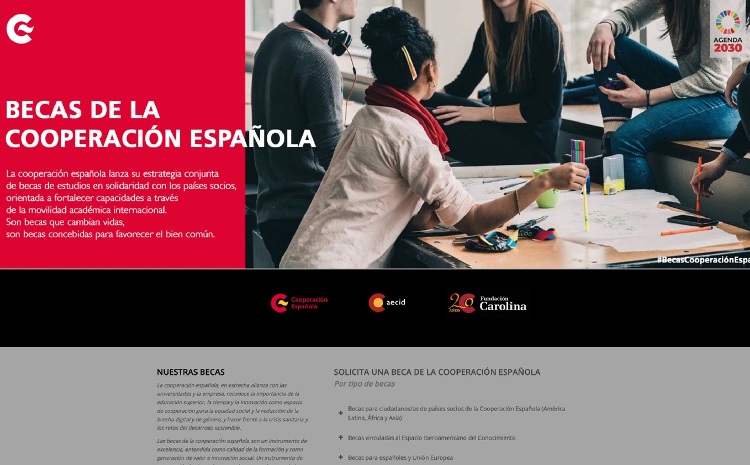The Diplomat
The chairman of Iberdrola, Ignacio Sánchez Galán, yesterday urged Europe to act “quickly” and to establish “attractive” frameworks that allow companies to invest so that the continent can lead decarbonization and economic recovery, the company reported.
In his participation in a meeting organized by the ‘European Round Table for the Industry’ (ERT), in which the Vice President of the European Commission, Frans Timmermans, also took part, Galán assured that companies such as Iberdrola are prepared to invest, although he stressed that the administrations must also do their part, “speeding up the processes of obtaining permits, reforming taxation and promoting interconnections in the continent”.
In this sense, he affirmed that the joint contribution of the public and private sectors will allow a faster reactivation of the economy, reconverting sectors and generating quality employment, at the same time as European industry gains in competitiveness.
Sánchez Galán assured that Europe “is ready to lead decarbonization and with it economic recovery” with “strong support from society and the necessary political leadership thanks to the Green Deal”.
Iberdrola plans to invest 75,000 million euros by 2025, with the aim of doubling its renewable capacity and taking advantage of the opportunities of the energy revolution. In addition, the company has submitted a total of 150 projects to the Next Generation EU program with an investment of 21 billion euros, which will enable the industrial transformation of Spain.
The projects would involve hundreds of small and medium-sized companies and would have an impact on the competitiveness of the Spanish industrial fabric, the green recovery in the short term and, in the medium and long term, the transformation of the country, orienting it towards sectors of the future.
The company estimates that the projects would generate 45,000 jobs per year, an economic growth of more than 1.5% of the GDP, the improvement of competitiveness and of the balance of payments -between 500 and 1,000 million euros per year- and the contribution to the demographic challenge, since more than 7,000 million euros are included in rural environments.






